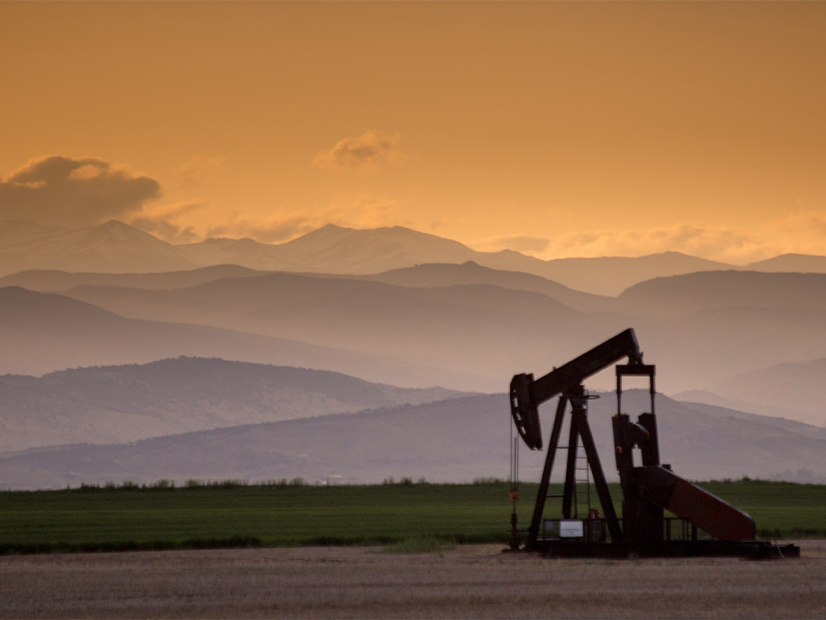The Colorado Air Quality Control Commission (AQCC) on Friday became the first state to adopt emissions-reduction standards for the oil-and-gas industry based on production quantity, leaving industry stakeholders celebrating and environmentalists wary.
The new “intensity program” (Regulation No. 22) aims to reduce methane and CO2 emissions from industrial production without “vilify[ing] the oil-and-gas industry,” Commissioner Elise Jones said.
Along with the new program, the commission approved revisions to Regulation No. 7 that specify more stringent requirements for leak detection and repair (LDAR) for oil and gas companies.
Several environmental groups and industry stakeholders presented their position on the two regulations at last week’s AQCC hearing.
Environmentalists were not convinced that the GHG intensity program would adequately reduce emissions from the oil-and-gas sector. Though it approved of the LDAR provisions and encouraged their adoption, the Environmental Defense Fund suggested the commission extend Colorado’s pneumatics retrofit conversion program “requiring operators to continue replacing polluting gas-driven controllers with non-emitting technology” for another two years.
EDF also suggested the commission adopt its “well liquids unloading proposal,” which aims to reduce emissions from liquid unloading by “explicitly requiring the use of artificial lift and flares where feasible and appropriate.”
Colorado’s Joint Industry Working Group (JIWG) expressed concern over EDF’s suggestions, calling its pneumatic controller proposals “unnecessary” because the industry is on target to meet its 2025 emissions goals. The group said EDF’s alternate proposal “removes the flexibility for owners and operators to determine which control technologies/methods will reduce the most emissions in the most cost-effective and feasible manner for individual facilities,” which “diverts capital from more effective technologies.”



